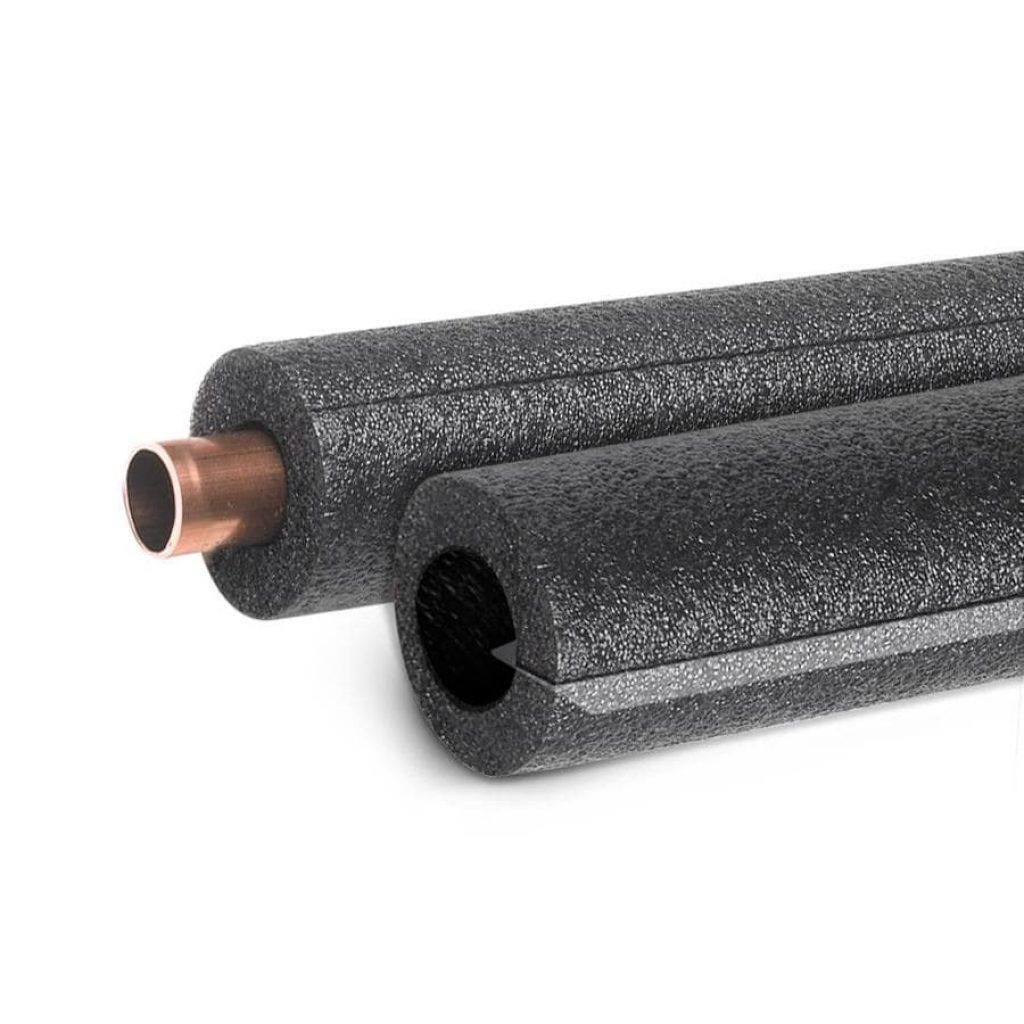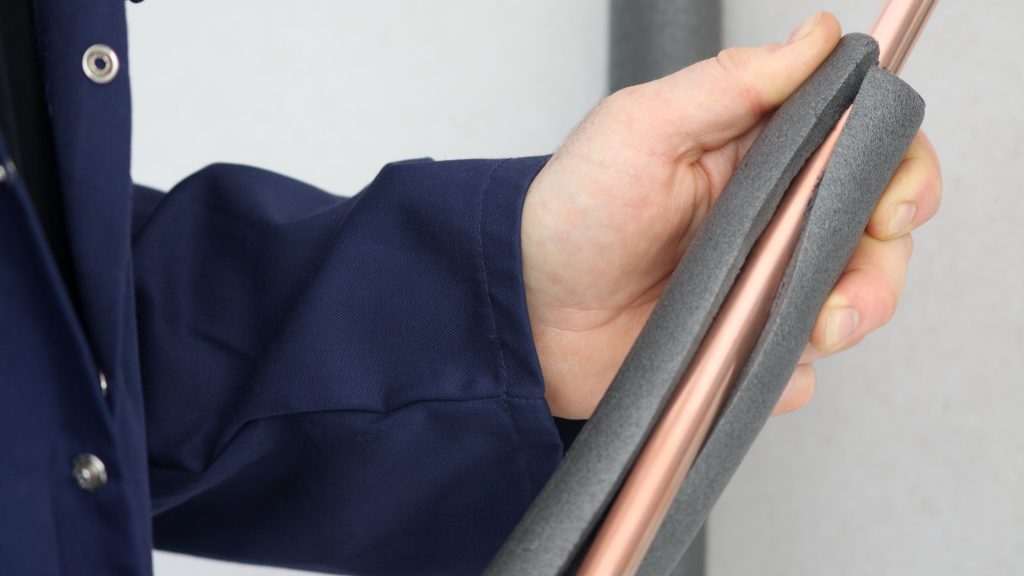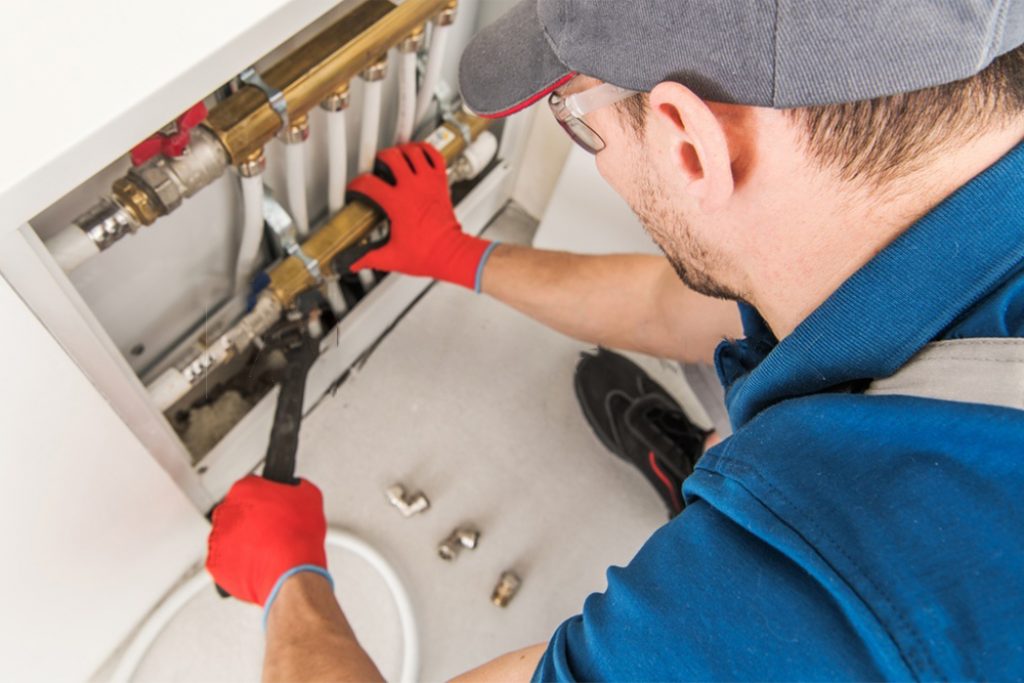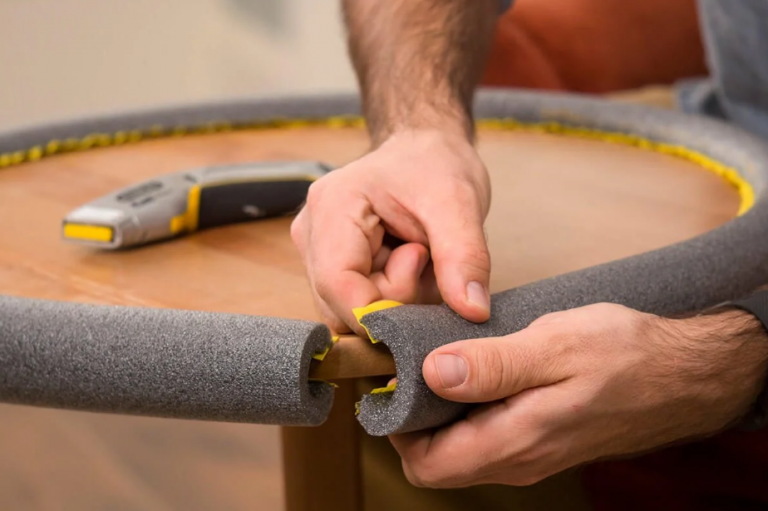Learning to deal with various repairs and improvements of your home brings many benefits, like saving money and the ability to fix any issue immediately. However, some types of maintenances require advanced knowledge and a lot of experience. Therefore, trying to fix them by yourself might cause even bigger problems. in that matter, the best option is to contact a local repairman who can quickly resolve any problem in your home.
Some upgrades require support from professionals, which is the case with the pipe insulation process. You have to be aware that there are many advantages of this option, but it is essential to install it properly. You can choose to do it yourself, but only if you have previous experience with placing isolation on pipes. In case that you don’t, contacting an expert is a must.
Moreover, it is important to understand the main benefits of this type of isolation, such as the ability to prevent damaged pipes during cold winters, save you some money by reducing the waste of energy, and reduce condensation, along with improved quality and less need for constant maintenance. If you are interested in some of the best pipe insulation services in the United Kingdom, visit PipeLagging.
Therefore, you can be sure that the installation will provide you with these benefits only when everything is done properly. That means that this process is not one of the popular DIY projects that you can learn easily. In that matter, contact a local repairman to avoid the risks of poor maintenance.
1. An Expert Can Locate Which Pipes Require Insulation

Even if you are familiar with the process of insulation, there are some other factors related to the whole project, such as the ability to locate and determine which pipes to isolate. For example, if the main reason for isolation is to protect them from cold temperatures, the repairman will insulate only those pipes that are unexposed. In most cases, we can find these pipes in the attic, garage, crawl spaces, and more.
Also, it is important to know that there is no need to isolate the exposed pipes in your home since there is proper heating that will prevent any damage to them. However, it is a common mistake for people with a lack of experience to cover every pipe in the house, which is unnecessary and too expensive.
On the other hand, if you want to cut the waste and save some energy and money, covering all pipes might be an excellent solution as well, since you can prevent spreading the heat from hot water pipes. Also, prevention of higher humidity and mold can be prevented by insulating cold water pipes.
2. Using the Proper Techniques

Each one of these repairs requires a special technique. It is essential to choose proper materials for different types of pipes. For example, some materials might have a lower resistance to heat but can serve as an excellent prevention of condensation. The most common methods of insulation are using materials like pipe sleeves, spigots, wall insulation, strips, and pipe wraps.
Still, it is good to learn more about different options since it can save you some money. Also, you can learn how to choose the proper ones for your home, and avoid spending too much money, especially if the repairman might be asking for some other option to earn more. One of the most affordable isolations is self-sealing foam. Also, pipe covers are very popular because they are simple for installation, and you can choose between rubber, fiberglass, and foam.
Also, there is an excellent solution for homes in colder areas, which you can use to prevent damage to cold water pipes during the winter. The plumber can install special cables that can heat the pipes and prevent their freezing, which can be a case with those made of metal or plastic. On the other hand, you can choose spray foam, which is proven to be one of the best solutions, but it is crucial to hire a professional for this method, even if you are familiar with the process of isolation.
3. Inspection and Maintenance of Pipes

One of the most important steps before installation of additional isolation is checking for potential leaks and other issues. That is another reason to call a professional since even the slightest leak can become a serious problem, and it can cost a lot of money to deal with it in the end. We are aware that DIY methods are chosen among most people as a way to spend more, but there are some technical parts of the home where you should never avoid additional expenses.
On the other hand, you should always check if a local plumber has enough experience with this process to avoid spending more on additional repairs. Some pipes around the home might require more complex methods for proper insulation, which means that you must be sure that the person you hired already had the same experience before.
The Bottom Line
If there is a lack of proper isolation or you don’t pay enough attention to the maintenance, damaged pipes could lead to various problems in your home like weak heating, condensation, mold, increased electric bills and utilities, and more. The main issue is that a lot of people don’t consider insulation as quite important, but they are not aware of the waste and how much money they could spend by installing proper materials around the water pipes.
As we already mentioned, some methods require professional assistance, which means that you should avoid dealing with any of those techniques on your own. Hiring a professional plumber might seem quite expensive in the beginning, depending on the level of maintenance. However, if you create a calculation and consider the time-saving aspect, you can see that there are many advantages of contacting experienced repairmen more often.
There are many other technical features around your home where it is actually much better to learn how to deal with them, and some of the best are related to repairs of the roof, water heater, air-conditioning, and many others that are not as complicated as placing isolation on water pipes.

